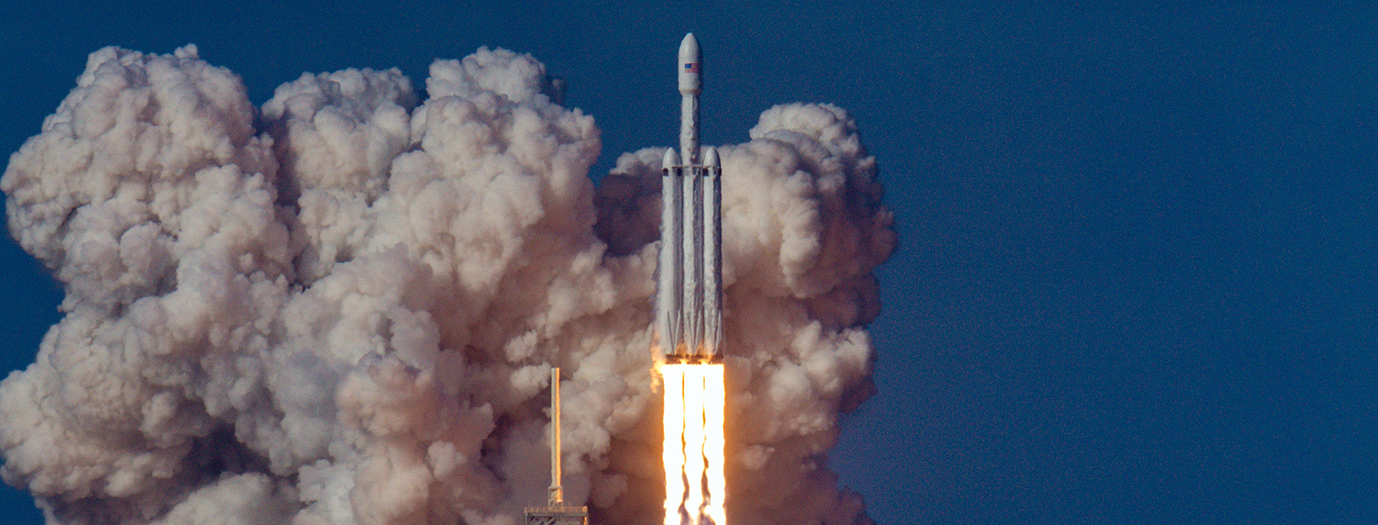
31 March 2023 • 5 minute read
Poland's Thriving Space Industry: Nurturing Innovation in the Global Market for Long-Term Growth
According to representatives from the law firm DLA Piper, Polish companies in the space industry sector are attracting increasing attention from international industry investors. Polish companies have a high level of innovative solutions and qualified specialists. One of the biggest challenges for the industry is the protection of copyright and technology on the global market, as well as complex space law regulations.
According to the Polish Space Agency (POLSA), over 300 companies and research institutions operate in the space industry sector in Poland. These companies employ 12,000 people. They specialise in creating software for space technology, designing and verifying IT systems, working on specialised materials, and are responsible for production processes. Polish companies cooperate with the European Space Agency (ESA) and its American counterpart (NASA), as well as the world's largest companies in the sector.
"The space industry is very innovative and has made tremendous progress in recent years. Technologies developed by local entrepreneurs are increasingly being used in planned space missions and major commercial projects," says Ewa Kurowska-Tober, head of IPT practice at DLA Piper in Warsaw, who co-leads the Global Data Protection, Privacy and Cybersecurity team. "For many companies, the challenge is complex legal regulations, and professional support is essential when it comes to cooperation with foreign entities in the transfer of technology, commercialisation of solutions, or creating license agreements."
From an entrepreneur's point of view, the complicated structure of space law and overlapping competencies of different institutions, as well as the fact that this is a field operating in an area of strategic importance for the country, pose a problem. According to DLA Piper lawyers, interpretation of regulations and the ability to apply them in practice is crucial in the case of space law.

"Innovations often appear in small entities, but space law is a maze of information and administration. Entrepreneurs focused on research and development often forget about protecting their business," says Piotr Czulak, senior associate in the new technologies and intellectual property team at DLA Piper in Poland. "Working with high-level scientists and engineers, we always make sure that their rights are properly secured and advise them on regulatory issues, especially when they deal with industry giants."
Space law regulations govern the use of space. They cover areas of civil, military, local and international law. They largely concern the protection of intellectual property, telecommunications law, data protection, commercialisation, and the use of space technology on Earth.
"When entering the global market, the support of an experienced guide is helpful. Commercializing innovative software solutions often requires skilful navigation in the world of licensing agreements, often taking into account fragments of licensed code under foreign law or using Open Source licenses," said Karol Kuterek, junior associate in the New Technologies and Intellectual Property team at DLA Piper Poland. "At the same time, both Polish and international clients entering the market in our country may need support in navigating the local legal intricacies, where a perfect knowledge of the practices of national regulatory authorities is necessary, for example, when dealing with the Electronic Communications Office."
An example of collaboration between a legal team and a space industry company is one of the projects of CIM-mes Projekt Sp. z o.o. The company provides advanced software used in current and future missions (e.g. EL3, E3P). The company developed software for modeling particle pollution during space rocket launches. ESA, seeing the complexity of intellectual property protection, particularly in the case of SMEs, offered financial support to solve this problem. DLA Piper, on behalf of CIM-mes, developed recommendations regarding intellectual property protection and cooperation with the European Space Agency.
Many projects in the space industry are developed through cooperation with foreign partners and with the use of European funding. The development of the Polish sector accelerated after Poland joined the ESA in 2012. Under ESA programs, Polish entities secured contracts worth 140 million euros. About 90% of the membership fees paid by a member state for space research, educational programs, and technology development should return to the country in the form of contracts for industry and scientific research units. The so-called geographic return principle is applied in practice - as shown by the NIK report, in the years 2016-19, the return for Poland was equivalent to 0.86-1.04 of the paid amounts.

"The development of the space industry worldwide favours Polish companies," says Professor Katarzyna Myszona-Kostrzewa, head of the International Air and Space Law Department at the University of Warsaw. "We have excellent specialists, innovative technical thinking, and a developing market. We want Polish companies to fully benefit from the favourable circumstances and consciously use their rights."
The International Air and Space Law Department is organising a separate conference devoted to the legal aspects of space exploration. Experts in space law, including Prof. Steven Freeland and Dr. Donne Lawler, as well as Polish companies from the industry, will participate in it. DLA Piper representatives will lead a panel on business partnerships between Polish companies in the space sector and global entities.
More information about the conference is available on the website.


